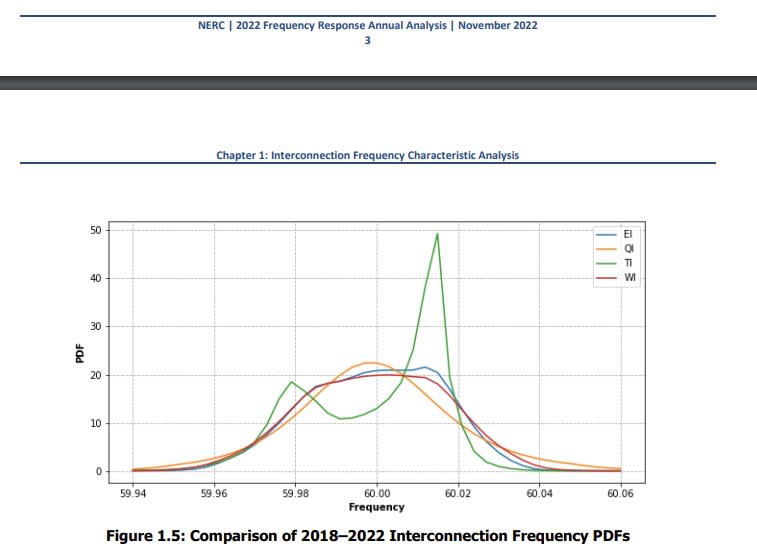ArsalanKhan
Mechanical
- Feb 12, 2021
- 4
Background:
We operate a gas plant with a load of approximately 7 kW. Our power supply is provided by a substation, and we also have a backup generator connected to an Automatic Transfer Switch (ATS). This setup ensures that in the event of a power outage, the ATS switches to the generator. For critical loads, we have two UPS systems with Static Transfer Switches (STS) installed to guarantee uninterrupted power supply.
Issue:
Currently, we are encountering a problem where, during a power outage, the UPS effectively switches to battery power and maintains an uninterrupted supply to the critical load. However, when power is briefly restored and then interrupted again within a span of some seconds, the UPS switches to bypass mode instead of continuing to provide power from the batteries as it is designed to do. Can someone help us identify whether this issue is due to a fault in the UPS or the power supply?
We operate a gas plant with a load of approximately 7 kW. Our power supply is provided by a substation, and we also have a backup generator connected to an Automatic Transfer Switch (ATS). This setup ensures that in the event of a power outage, the ATS switches to the generator. For critical loads, we have two UPS systems with Static Transfer Switches (STS) installed to guarantee uninterrupted power supply.
Issue:
Currently, we are encountering a problem where, during a power outage, the UPS effectively switches to battery power and maintains an uninterrupted supply to the critical load. However, when power is briefly restored and then interrupted again within a span of some seconds, the UPS switches to bypass mode instead of continuing to provide power from the batteries as it is designed to do. Can someone help us identify whether this issue is due to a fault in the UPS or the power supply?

